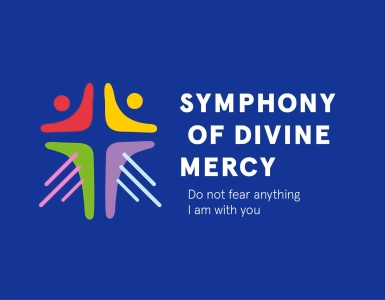Many times, he gave a power of attorney and entrusted a lot of responsibility to those who were assigned to a particular function or task. Although Cardinal Wojtyła, in fact, himself was checking everything, giving guidance, was pointing to the new directions of evangelization. Thanks to this, he had personal contact with people. This was clearly evident during pastoral visits to parishes. For him, each visit was not a visit to the parish community in an administrative sense, official control, but it was an active participation of the Bishop – Shepherd in the life of the parish community.
As a bishop, he tried to stay in parishes for as long as it was possible. Sometimes visits lasted for several weeks. He participated in liturgical ceremonies and pastors’ duties. He visited sick people in their homes. It was his initiative to create in the diocese the pastoral care of the sick. He was meeting with families which had many children and families form which priests originated. He was inviting spouses to Masses to renew their marriage oath. He wanted to stay with each family to look closely at them and to pray with them. He paid great attention to young people. He could not visit them in schools because the authorities did not allow it, so in the church he was meeting with children and young people who were attending religious classes and their teachers. Those who had the courage participated in that meetings. At that time, Poland was still an enslaved country. Public mentioning God’s name was not allowed. It was forbidden.
With the permission of Cardinal Stanisław Dziwisz – “Testimony”
TBA Publishing House, Warsaw 2007





